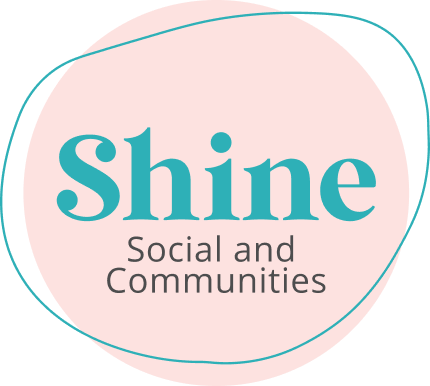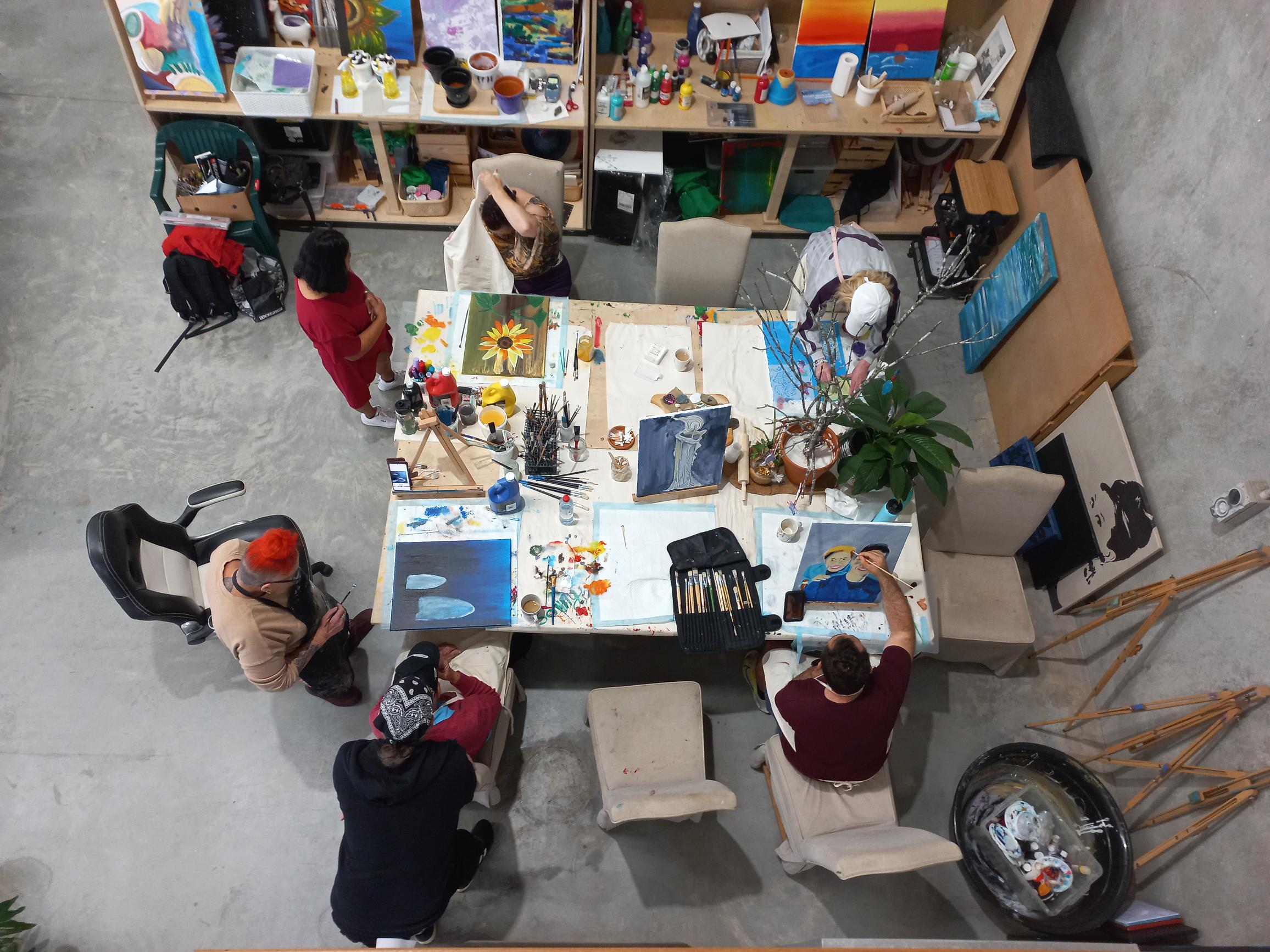Navigating the NDIS can be a challenge, especially when it comes to understanding what “reasonable and Necessary” supports are. As a participant in the NDIS, understanding this concept is crucial to ensure you receive the appropriate funding and assistance you need to live a fulfilling life.
In this post, we will delve into what ‘reasonable and necessary’ supports mean and how they are determined. By the end, you will be equipped with the knowledge to advocate for the supports that are essential for your needs.

What is ‘Reasonable and Necessary’ Supports?
The term ‘reasonable and necessary’ support refers to the types of assistance and services that the NDIS funds for participants.
- Reasonable: Something that is fair.
- Necessary: Something that is needed for support
These supports are intended to help individuals with disabilities achieve their goals, increase their independence, and improve their overall quality of life. However, as everyone’s needs are unique, this term is often subjective and what may be reasonable for one participant may not be the same for another.
Reasonable And Necessary Vs General Supports
General supports encompass coordination, strategic planning, and referral services facilitated by the NDIS. They play a foundational role in developing your NDIS plan and establishing connections with various supports and activities within your community.
On the other hand, reasonable and necessary supports are the funded services tailored to meet specific support needs, focusing on individual requirements and engaging NDIS service providers.
Understanding these differences is crucial, as they ensure that your NDIS journey is both well-guided and capable of meeting your unique and individualised needs effectively!

Determining If Support Is “Reasonable And Necessary”
To determine whether support is ‘reasonable and necessary,’ the NDIS considers several factors. These include:
Must be related to a Participant’s Conditions and Needs
The NDIS will only fund supports that are directly related to a participant’s health conditions or impairments. This means that the support must address its impact and help the participant achieve their goals or improve their functioning.
Must Not Include Day To Day Living Costs Not Related To Support Needs
While the NDIS provides funding for a range of supports, it does not cover day-to-day living expenses that are unrelated to disability support needs. These living costs include groceries, rent, and bills. However, if a participant requires additional individual supports, such as assistance with meal preparation or cleaning, these may be considered reasonable and necessary.
Should Represent A Value for Money
The NDIS aims to ensure that participants receive value for money when funding supports. This means that the cost of the support should be reasonable and within market rates. The NDIS considers the benefits and outcomes that the support will provide in relation to its cost. For example, if a participant requires equipment to help with exercise, top-of-the-range equipment may not be approved if there is a lower-priced product that meets the same needs and criteria.
Must Be Effective And Work For The Participant
The NDIS assesses whether the support is likely to be effective and work for the participant. This involves considering the participant’s individual circumstances, goals, and preferences. The support should have a reasonable chance of achieving the desired goals and improving a participant’s quality of life.
Examples Of Supports That May Be Considered ‘Reasonable And Necessary’
There is a wide range of supports that may be considered ‘reasonable and necessary’ under the NDIS. These supports can be categorized as including:
Therapy and Interventions
Therapies and interventions are essential for individuals to enhance their skills, manage their conditions, and improve their overall well-being. These can include occupational therapy, physiotherapy, speech therapy, behaviour support, and counselling.
Personal Care and Support
Personal care and support services help individuals in their daily activities. This can include assistance with personal hygiene, meal preparation, medication management, and transportation.
Home Modifications
Home modifications are changes made to a participant’s home to improve accessibility, safety, and independence. This can include installing ramps, grab rails, modified bathrooms, and accessible kitchen appliances.
Social and Community Participation
Social and community participation supports aim to enhance the participant’s social connections, community involvement, and overall quality of life. This can include support to participate in recreational activities, join clubs or groups, and engage in community events.

How Does NDIS Determine Funding?
Once a participant’s eligibility for the NDIS is confirmed, the NDIS will make decisions based on the The National Disability Insurance Scheme Act 2013 (NDIS Act). They will also gather information about the participant’s disability, functional capacity, and goals which will then be used to develop a plan that outlines the participant’s support needs and the funding allocated for each support category.
The Role Of NDIS Support Coordination
Navigating the complexities of the NDIS can be overwhelming, especially when it comes to determining what supports are ‘reasonable and necessary’ and managing funding. This is where NDIS support coordination plays a crucial role.
NDIS support coordinators are trained professionals who assist participants in understanding their NDIS plans, finding appropriate service providers, and ensuring that the supports received align with the participant’s goals and needs. A support coordinator can simplify your NDIS care journey as they have the knowledge and expertise to help you navigate the complexities of managing NDIS support, making it easier to find everything you need in one place.
Whether it is finding the right providers, coordinating services, or advocating for additional supports, support coordination is there to empower participants and ensure they receive the ‘reasonable and necessary’ supports they require.

Empowering Participants & Advocating For ‘Reasonable and Necessary’ Supports
Understanding the concept of ‘reasonable and necessary’ supports is essential for participants in the NDIS. By understanding the criteria used by the NDIS to determine funding and the types of supports that may be considered ‘reasonable and necessary,’ participants can advocate for the services and assistance they require. Additionally, engaging the services of an NDIS support coordination team can be highly beneficial in navigating the complexities of the NDIS and maximising their available funding.
At Shine Social And Communities, we believe that everyone deserves the opportunity to lead a fulfilling life. Our goal is to provide opportunities for all individuals to reach their full potential, regardless of their circumstances. We understand the challenges that come with managing NDIS support, and we are here to simplify your journey.
Our team of specialist support coordinators is dedicated to assisting participants in navigating the complexities of the NDIS, making it easier to find everything you need in one place. Let us be your guide, ensuring that you not only understand the intricacies of ‘reasonable and necessary’ supports but also receive the maximum benefit from your NDIS plan. Contact Shine Social today, and together, we can pave the way for a brighter and more fulfilling future.




